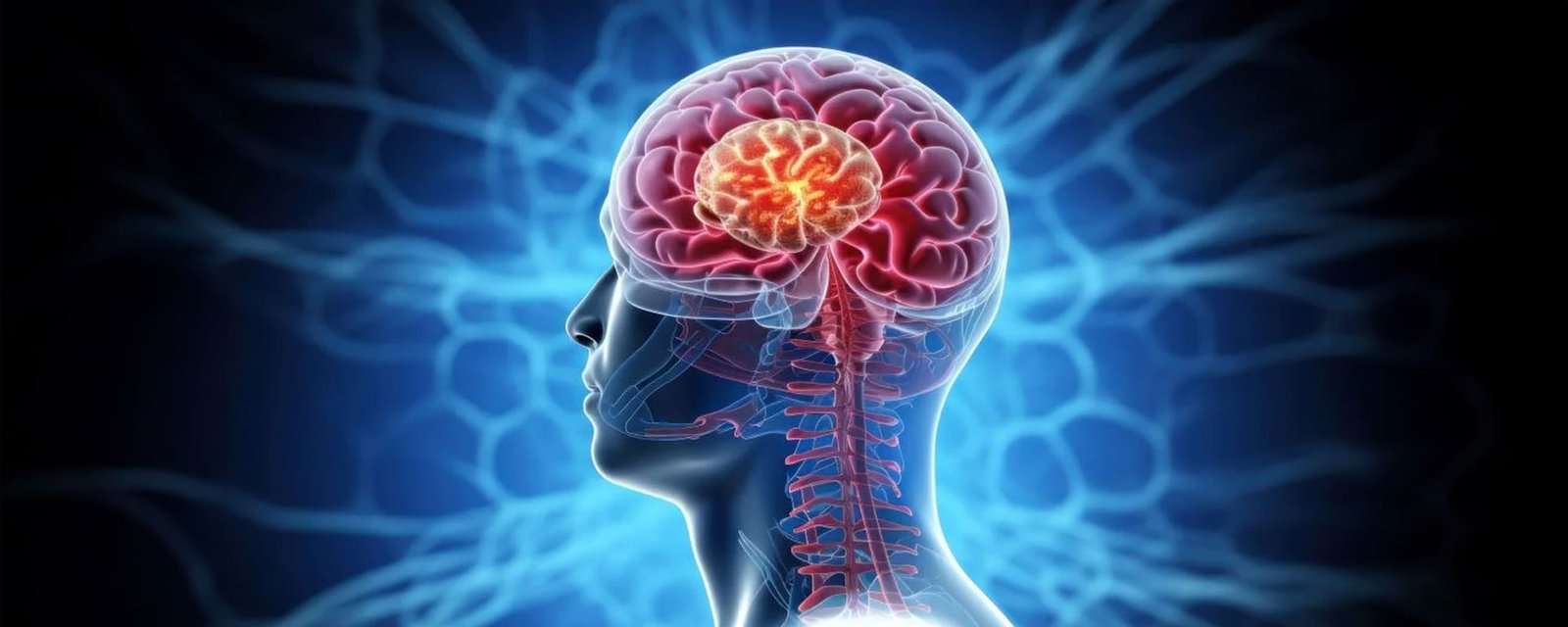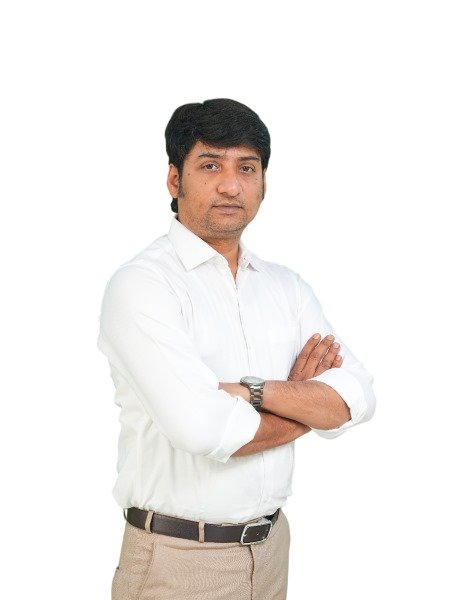NEUROLOGY
Neurosurgery: Advancing Neurological Care through Precision and Expertise
Neurosurgery is a specialized branch of medical science dedicated to the surgical treatment of disorders affecting the nervous system, including the brain, spinal cord, and peripheral nerves. This field demands a unique blend of surgical skill, profound knowledge of neuroanatomy, and a deep understanding of the intricate workings of the central and peripheral nervous systems. Neurosurgeons play a crucial role in diagnosing, treating, and managing a diverse range of neurological conditions, often requiring precision and innovation to achieve optimal patient outcomes.
Scope of Neurosurgery:
1. Brain Surgery: Neurosurgery encompasses a wide array of procedures related to the brain. Neurosurgeons may perform surgeries to remove tumors, manage vascular abnormalities, treat traumatic brain injuries, and address congenital malformations. Each procedure demands a meticulous approach, often involving advanced imaging techniques such as MRI and CT scans to precisely locate and assess abnormalities.
2. Spinal Surgery: Disorders of the spine, including herniated discs, spinal stenosis, and spinal cord injuries, fall under the purview of neurosurgery. Surgeons may employ techniques ranging from decompressive laminectomies to spinal fusion, with the goal of alleviating pain, restoring mobility, and preventing further neurological deterioration.
3. Peripheral Nerve Surgery: Neurosurgeons may also specialize in peripheral nerve surgery, addressing conditions like carpal tunnel syndrome, peripheral nerve tumors, and traumatic injuries to peripheral nerves. Nerve surgery often involves delicate procedures to repair or reconstruct damaged nerves, aiming to restore normal function.
Key Procedures in Neurosurgery:
1. Craniotomy: This surgical procedure involves opening the skull to access the brain for various interventions, such as tumor removal, aneurysm repair, or the treatment of traumatic brain injuries. Advanced imaging technologies guide neurosurgeons during craniotomies, ensuring precision and minimizing damage to healthy brain tissue.
2. Spinal Fusion: Utilized for stabilizing the spine, spinal fusion involves the joining of vertebrae using bone grafts or artificial materials. This procedure is common in treating spinal deformities, fractures, and degenerative disc diseases.
3. Deep Brain Stimulation (DBS): DBS is a neurosurgical procedure that involves implanting electrodes into specific areas of the brain. This technique is employed in the treatment of movement disorders such as Parkinson's disease and essential tremor, providing targeted electrical stimulation to modulate abnormal neural activity.
4. Microvascular Decompression (MVD): MVD is a specialized neurosurgical technique used to relieve pressure on cranial nerves, often caused by vascular compression. This procedure is employed in the treatment of conditions like trigeminal neuralgia, achieving pain relief by decompressing the affected nerve.
Technological Advancements in Neurosurgery:
1. Neuroimaging: Advanced imaging technologies, including functional MRI (fMRI), diffusion tensor imaging (DTI), and intraoperative MRI, enable neurosurgeons to visualize intricate neural structures with unprecedented clarity. These tools aid in precise preoperative planning and real-time guidance during surgery.
2. Minimally Invasive Techniques: Minimally invasive neurosurgical approaches, such as endoscopic procedures and stereotactic surgery, have revolutionized patient care. These techniques reduce surgical trauma, minimize recovery times, and enhance overall patient outcomes.
3. Robotics and Navigation Systems: The integration of robotics and computer-assisted navigation systems has elevated the precision and safety of neurosurgical procedures. Surgeons can navigate complex anatomical structures with enhanced accuracy, contributing to better outcomes and reduced risks.
Challenges and Innovations:
Neurosurgery, while highly advanced, poses unique challenges. The delicate nature of the nervous system demands precision, and complications can have profound consequences. However, ongoing innovations, such as the development of neuromodulation techniques and the exploration of gene therapy, hold promise for addressing previously intractable neurological conditions.
Conclusion:
In conclusion, neurosurgery stands at the forefront of medical science, pushing boundaries to provide effective treatments for a myriad of neurological disorders. The collaboration of skilled neurosurgeons, cutting-edge technology, and ongoing research ensures that patients receive the best possible care, fostering hope for improved outcomes and quality of life in the realm of neurological surgery.









